Drug War Stats
1 Drug Arrests
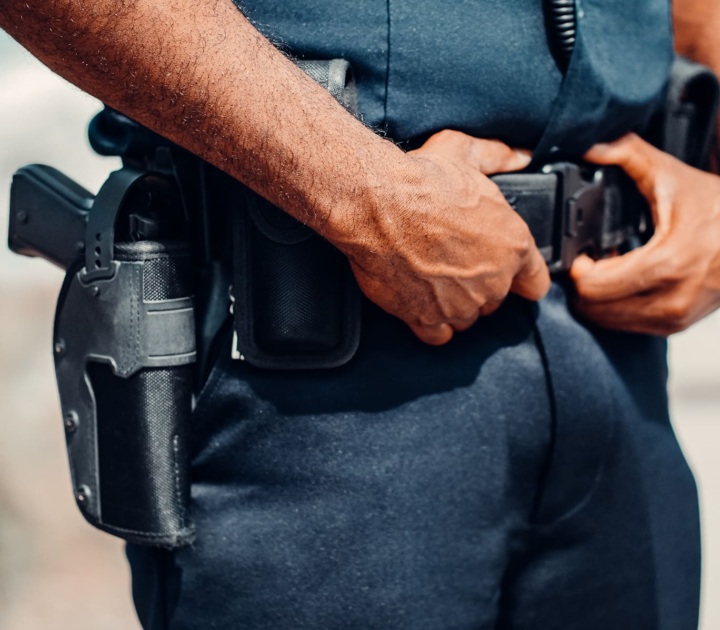
Nearly 1 Million Arrests
are made for drug law violations in the U.S. each year.
In the U.S., drug offenses are a leading cause of arrest.
These arrests more often impact Black, Latino, and Indigenous people and those with low-income. Two-thirds of Americans support eliminating criminal penalties for drug possession and replacing them with a new approach centered in public health.
Every 35 seconds, someone is arrested for a drug offense
Every 35 seconds, someone is arrested for a drug offense. Over 85% of drug arrests are for possession alone.
Black people are 28% of those arrested due to targeted policing
Black people are 28% of those arrested, but only make up 14% of the U.S. population -- and people of all races use and sell drugs at similar rates. This arrest rate is instead due to targeted policing, surveillance, and punishment tactics.
2 Incarceration
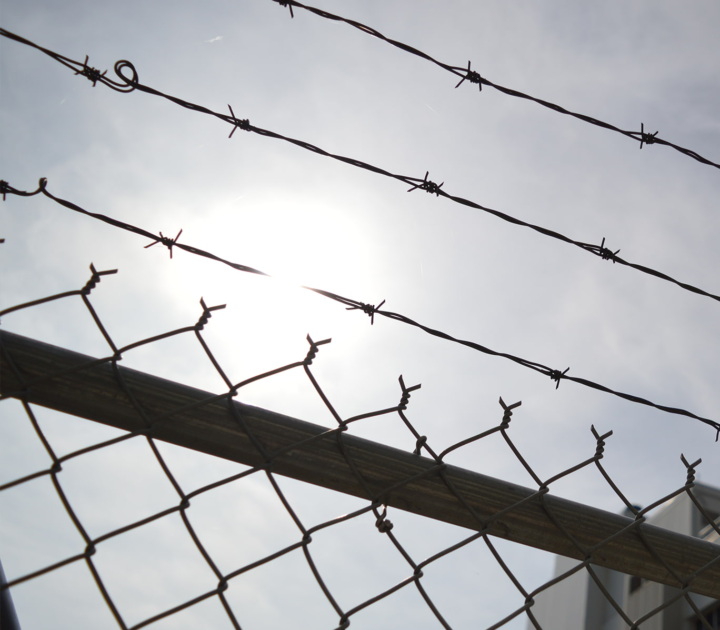
1 in 5
Of the nearly 2 million people currently incarcerated in the U.S., 1 in 5 is locked up for a drug offense.
Incarceration harms people.
In jails and prisons, drugs are still available, effective treatment is rare, and overdose occurs. Arresting and jailing people who use drugs overwhelms legal systems. People cycle in and out of jail, ending up back on the street without meaningful care or support.
Fatal overdose increased over 600%
Between 2001 and 2018, deaths from drug and alcohol intoxications in prisons and jails rose 600% and 400%, respectively. Treatment or medications for substance use disorder are rarely available behind bars.
People are 27 times more likely to die of opioid overdose
Two weeks after prison release people are 27 times more likely, on average, to die of opioid overdose than the general population.
3 Systemic Impact
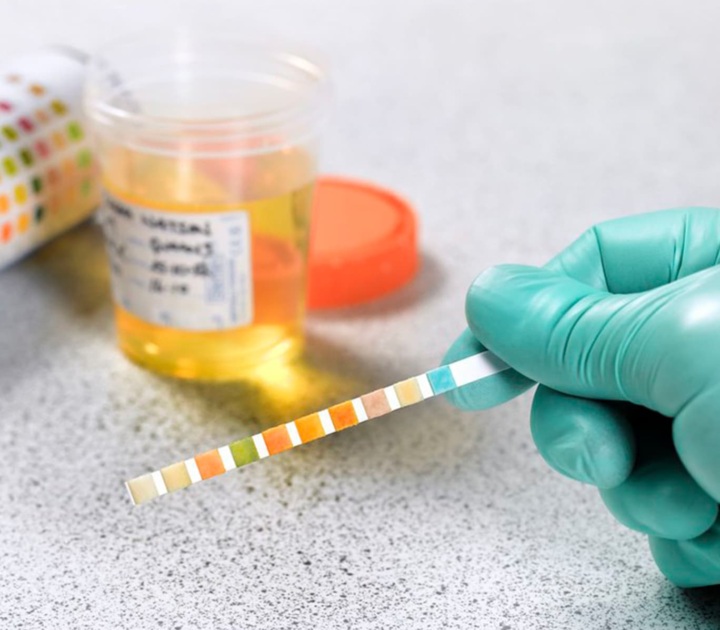
Mandated drug testing can block support.
Nearly a quarter of the U.S. workforce is subject to employer-mandated drug testing. While testing is intended to ensure safety in critical industries, overly broad testing can punish people for past drug use instead of providing support or opportunity.
Drug war punishment goes beyond arrest and incarceration.
Social services, education, housing, employment, and other systems should support people and communities. Instead, they too often punish people who use drugs, and deny them help and opportunity.
Black women and their newborns are 1.5 times more likely to be drug tested
Black women and their newborns are 1.5 times more likely to be drug tested compared with non-Black women, often without their knowledge or consent - and people of all races use and sell drugs at similar rates.
Drug-related offenses are a leading cause of deportations
Nearly 1 in 5 deportations of immigrants with criminal convictions between 2013 and 2020 was due to a drug-related offense.
4 Overdose

Overdose deaths are preventable.
One lifesaving solution is overdose prevention centers (OPCs). These centers divert drug use away from public spaces, provide connections to care, and can respond to an active overdose at its earliest sign. They prevent overdose deaths, save lives, and promote recovery as a result.
105,007 overdose deaths
In 2023, 105,007 people died from an accidental overdose in the U.S. Black and Native people have the highest rates of overdose nationwide.
Medications exist that can cut overdose risk in half
Medications like methadone and buprenorphine save lives by reducing opioid cravings and withdrawal symptoms, cutting overdose risk in half.
1 in 3 people in the U.S. has lost someone they know to overdose.
5 Financial Impact
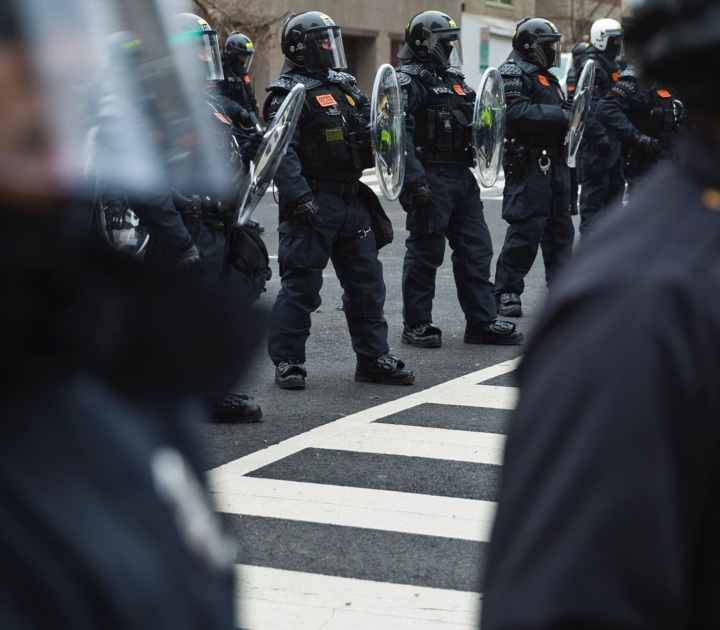
$47 billion
is the estimated cost to enforce drug prohibition in the U.S. every year.
The U.S. government spends billions each year enforcing the drug war.
Criminalization diverts funding away from care and creates barriers to housing and jobs. It also increases overdose risk, drains community resources, and creates instability.
Taxpayers spent $3.3 billion funding the DEA
Taxpayers spent $3.3 billion funding the Drug Enforcement Administration (DEA) in FY2024. The agency costs $6,300 per minute to run.
6 Marijuana Policy
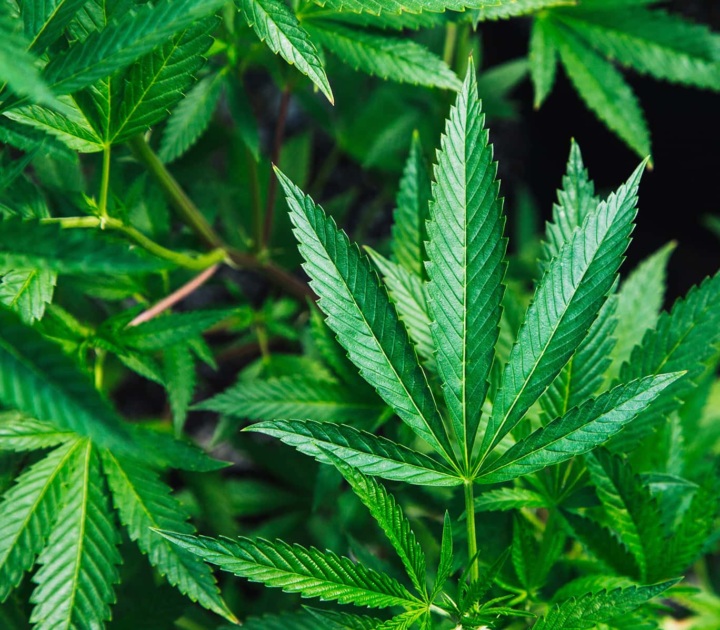
Every 2 minutes
someone is arrested for marijuana.
Americans want marijuana legalization. How we do it matters.
88% of U.S. adults agree marijuana should be legal for medical or recreational use. As states legalize and regulate, they must do it right. Reforms need to center health, justice, equity, and reinvestment.
Black people are 3.6 times more likely to be arrested for marijuana
Black people are 3.6 times more likely to be arrested for marijuana than white people nationally, despite similar rates of use. This disparity is even higher in many states.
